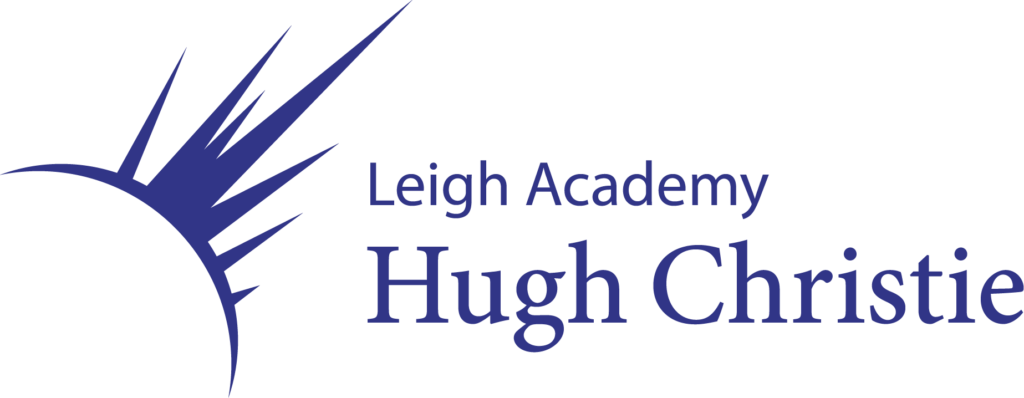- Performance and Leadership in Sport
- Sport and the Media
Curriculum Intent
At Leigh Academy Hugh Christie we share the intent to our students in the form of the acronym A.C.E. This stands for Aspire, Challenge and Enjoyment. We ensure that all students aspire to be the best they can be, are challenged to improve and ultimately enjoy what they do.
- Aspire
- Creates opportunities to develop key subject knowledge, understanding and skills related to all aspects of physical education.
- Raises competence to excel and succeed in a broad range of individual and team sports
- Encourages physical activity for sustained periods of time.
- Challenge
- Presents opportunities to be physically and mentally challenged in a range of sporting situations to build character.
- Develops teamwork.
- Develops resilience and courage.
- Enjoyment
- Presents opportunities for external competition at school, district, county and national level.
- Develops the confidence and interest to continue participating regularly in sport outside of school and in later life through community links.
- Inspires health, happiness and fitness for life.
ks3: Physical Health Education
PE aims to foster the development of knowledge, skills and attitudes in order to contribute toward students’ broad and balanced lifestyles. Through PHE students can also learn communication, collaborative and self-management skills alongside this knowledge and skill acquisition in order to develop confident and positive pupils both in and out of sporting situations. All pupils are taught through the MYP criteria ensuring a holistic approach to learning and personal development of the individual, not just sporting acquisition. Students will study the following across the year:
- Module 1: Demonstrating personal improvement
- Module 2: Developing skills, techniques and roles in winter sports
- Module 3: Range of tactics and strategies
- Module 4: Performing in aesthetic activities
- Module 5: Problem-solving in striking and fielding activities
- Module 6: Developing skills, techniques and roles in summer sports
At Key Stage 3 pupils follow the MYP curriculum whereby they will experience themed modules encompassing a range of sports, opening doors to new activities. Pupils will be assessed in their knowledge, planning, application and reflective skills alongside their personal development i.e. the IB traits. The Curriculum is designed to deliver the Key Stage 3 National Curriculum in Physical Education.
The impact of sustaining a healthy and active lifestyle is well documented yet many adults fail to participate in recommended activity levels. Through our curriculum we hope that students find not only an understanding of, but a passion for sport and exercise. Pupils enjoy PE and Health at Leigh Academy Hugh Christie and the curriculum is routinely adapted to reflect the global context at the time e.g. Olympics, World Cups.
Through a theme based curriculum that encompass the holistic values and assessment criteria of the Middle Years Programme pupils learn the foundations of health, fitness and wellbeing as well as mastering skills, techniques and tactics in a range of sporting situations. We want pupils to become open-minded individuals, with confidence not just in their abilities but in themselves.
Each criterion is divided into various achievement levels. The level descriptors for each band describe a range of student performance in the various strands of each objective. At the lowest levels, student achievement in each of the strands will be minimal. As the numerical levels increase, the level descriptors describe greater achievement levels in each of the strands.
Assessment is through the MYP criteria:
- Criteria A: Knowledge and understanding
- Criteria B: Planning for Performance
- Criteria C: Application of skills
- Criteria D: Reflection and Improvement
ks4: core PE
At Key Stage 4, PE (PE) is taught in mixed gender, mixed ability sets. This is to allow all pupils the chance to work with a variety of pupils, in mixed environments and learning different skills. All pupils get the opportunity to experience a broad range of sporting activities and will be challenged to achieve highly. At points, students will have a choice as to activities in order for them to start making decisions for themselves and the benefit of maintaining their own healthy active lifestyles.
Schedule of Learning
Each module will have a theme linked to one of the International Baccalaureate (IB) Approaches to Learning (ATL). Which aims to teach pupils how to become self-regulated, open minded and lifelong learners of physical education:
- Module 1: Communication
- Module 2: Social Skills
- Module 3: Self-management skills
- Module 4: Thinking skills
- Module 5: Self-management skills
- Module 6: Communication
At Key Stage 4 pupils will experience themed modules encompassing a range of sports, opening doors to new activities. Each module, pupils will be able to choose activities within which they want to engage.
Pupils are not assessed on their performance (as there is no accreditation as part of core PE).
The impact of sustaining a healthy and active lifestyle is well documented yet many adults fail to participate in recommended activity levels. Through our curriculum we hope that students find not only an understanding of, but a passion for sport and exercise. Pupils enjoy PE and Health at Leigh Academy Hugh Christie.
Through a theme based curriculum that encompasses the holistic values pupils learn the value and enjoyment of health, fitness and wellbeing as well as making conscious decisions as to their own preferences and enjoyment. We want pupils to become open-minded individuals, with a confidence not just in their abilities but in themselves.
There is no assessment in Core PE throughout KS4.
ks4: sport studies
The Cambridge Nationals in Sport Studies offer students the opportunity to study key areas of sport including; Sport and the Medi, Performance and Leadership in Sports Activities and Contemporary Issues in Sport. On successful completion of the course, students will gain the equivalent of one GCSE.
To be successful in this course, pupils are encouraged to take part in sport outside of school, either through extra-curricular activities at school or a privately run club.
- Sport and the Media
- Contemporary Issues in Sport
ks5: sport & physical activity
Sport is one of the fastest growing industries in the UK and it is not just about being a professional performer. There’s a huge range of professions within sport, from grassroots through to international level, covering areas such as nutrition, marketing, therapy and coaching.
This course offers students; an exciting, inspiring and challenging qualification that develops transferable skills essential to the work place or for further study. The course offers a wide range of units such as Sports coaching and leadership, sports organisation and development – providing students with the opportunity to acquire a range of transferable skills and knowledge areas from all aspects of sport.
The qualification will give learners an understanding of sport in the wider contexts of coaching, anatomy and physiology, the structure of sport in the UK and the organisations involved. Learners will also develop skills such as coaching skills for sport and the ability to conduct risk assessments as well as transferable skills such as planning, communication, adaptability and leadership.
This course comprises of:
- 2 x 90 GLH units, 1 x 60 GLH and an appropriate combination of 30 GLH and 60 GLH units – two externally examined units and a choice of centre assessed units moderated by OCR).
- Learners will take five units which are made up of mandatory and optional units:
Everybody will study the following units:
- Unit 1: Body systems and the effects of physical activity
- Unit 2: Sports coaching and leadership
- Unit 3: Sports organisation and development
- Unit 17: Sports injuries and rehabilitation
- Unit 19: Sport and exercise psychology



